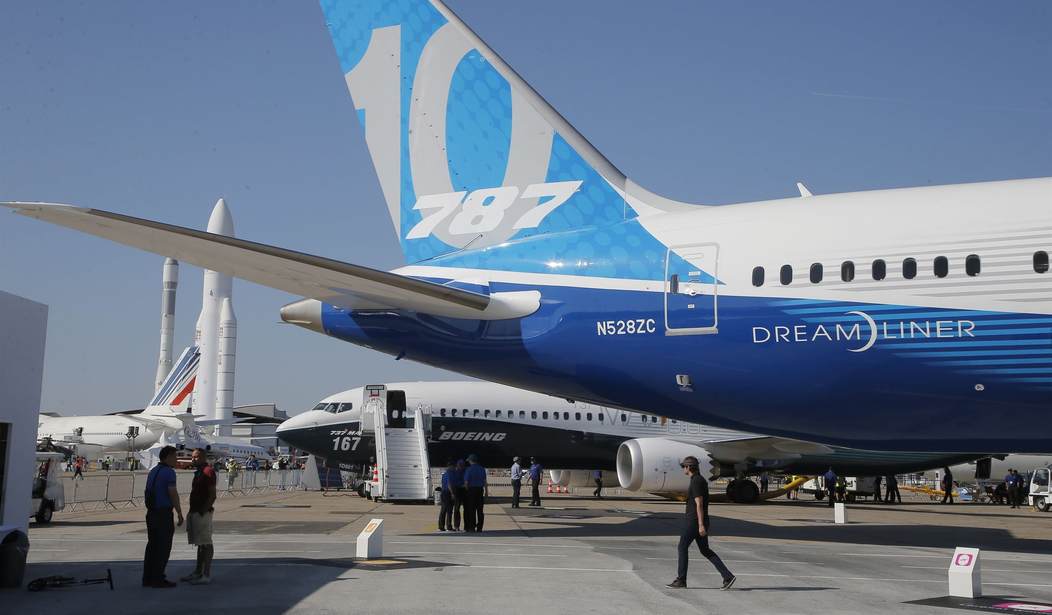An Air India Boeing 787-8 Dreamliner blew up on impact as it stalled off the departure end of a runway in Ahmedabad. The plane slammed into a doctor's office, presumably killing all 242 passengers aboard and the crew. Casualties on the ground will likely end up ballooning as well.
Multiple videos of the crash and aftermath have now been released. This is the first 787 to crash since its first flight in 2009.
HORROR: Air India flight AI 171, a Boeing 787-8 Dreamliner bound for London's Gatwick Airport, crashed into a residential area five minutes after taking off.
— Breaking911 (@Breaking911) June 12, 2025
There were 242 passengers and crew. 169 from India, 53 from Britain, 7 from Portugal, 1 from Canada pic.twitter.com/L4EN0mJnGv
HORROR: Air India flight AI 171, a Boeing 787-8 Dreamliner bound for London's Gatwick Airport, crashed into a residential area five minutes after taking off.
— Breaking911 (@Breaking911) June 12, 2025
There were 242 passengers and crew. 169 from India, 53 from Britain, 7 from Portugal, 1 from Canada pic.twitter.com/L4EN0mJnGv
The first thing I noticed was the absence of takeoff flaps as they lifted off. That would also mean the slats on the front of the wing weren't out. If we're speculating on a cause, that seems to be the best guess right now. Can you take off without flaps, even in a 787? Theoretically, with enough airspeed and runway, you could, but given the point at which they left the runway, they were probably flying speeds that assumed the flaps were out.
You can see the plane stalling during the immediate climb out, and the pilots continue to pull back until it impacts the ground. That would technically be the wrong reaction, as you should lower the nose in a stall, but it probably wouldn't have changed anything considering the lack of altitude. We'll have to wait for further investigation to find out if the flaps were left up due to pilot error or if some kind of mechanical failure occurred.
This is a developing story.
ADDENDUM: The X post I used to embed the videos says the plane crashed five minutes after takeoff. Given the crash site is less than a mile off the runway, that's an impossibility. You're talking seconds, as seen in the video, not minutes.
I've also had some people ask me why the pilots didn't retract the gear. If they were stalling after rotation and getting a stick shaker (the yoke shakes fairly hard as a warning), they were probably too overloaded at that point to think of pulling the gear up.















Join the conversation as a VIP Member